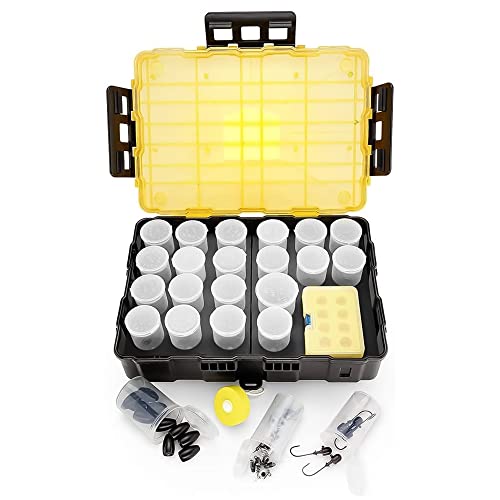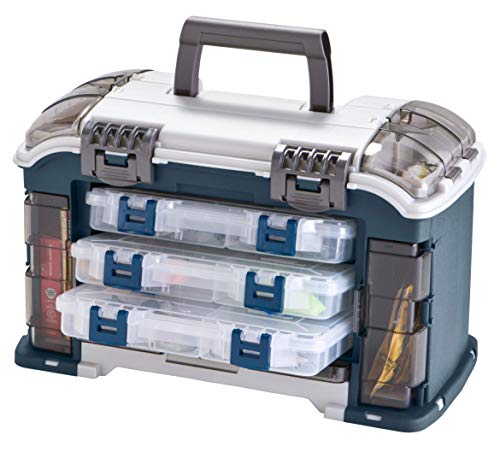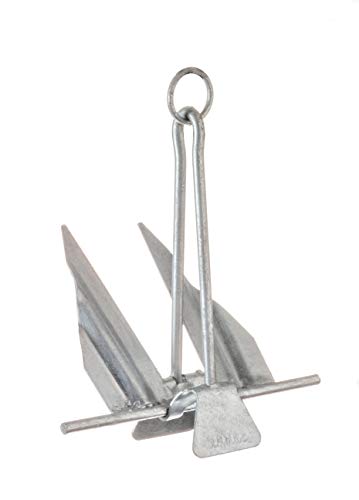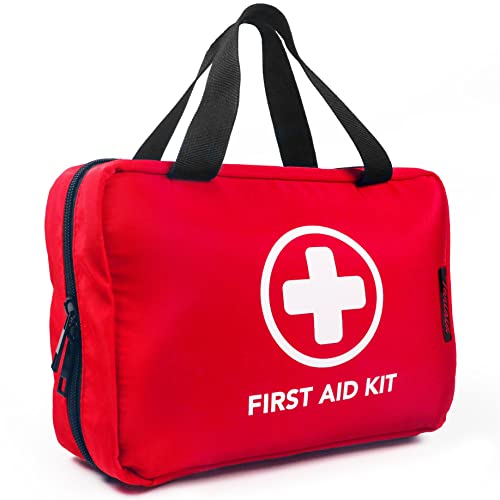Price is a little on the high side actually - it'd better be in really good condition. I've had a number of them, usually the twin cam motors, but I had one with the single cam. I typically buy them with 80-100k miles for <$2,000 put another 80-100k miles on them commuting with minimal repairs, most of which I can do myself and the parts costs are very cheap. I have very good luck with tires wearing evenly and having very long lives, them not needing alignments or wearing out suspension components owing to how light they are. Gas mileage is EXCELLENT. In the hills of NWCT I get 35 MPG on the twin cam motor with the 5 speed (max elevation variation of ~900 feet over sea level from home to work.) I'm gentle on clutches, in over 300k miles driven on their 5 speeds with vehicles starting @ 80k-100k I've never had a clutch go bad on me. I can't speak to automatics, I hate the things and see nothing but problems with them in higher mileage cars (all makes models not specifically Saturn.)
I'd say it's a great first car - in the compact segment they were well rated for safety in their day, better so than a Toyota Corolla, so don't listen to the naysayers on the plastic body panels - by modern standards they lack all the airbags etc. I was hit in the side at an angle from an oncoming truck in the snow, granted it was a relatively low speed collision at a shallow angle of impact (each doing about 20mph) but the car survived miraculously well. It's cheap to buy, cheap to maintain and cheap to run...the holy trinity of 1st car requirements to any kid trying to be responsible for themselves.
Check the brake lines - GM put these idiotic wire windings around the lines to protect them or some other damn fool reason but all they do is give road salt something to adhere to and rot out the lines - also check the metal portion of the flex lines going to the caliper as they tend to go bad. All cheap fixes if you can do work yourself, expensive if you have to pay someone. Common issues on anything from GM/Chevy etc. no matter the brand/model.
It's an american car, rust anywhere should be a concern. Common frame rot points are where the sway bar bushings attach to the engine cradle subframe and along the running boards particularly in the rear seating compartment. Poke around under the plastic trim in the rear door sills - rot usually starts there. Check the exhaust too - again, american, tends to rot with relatively low mileage. Heat shields sometimes rust free and rattle but can usually be secured with either hose clamps, wire or sheet metal screws.
Apart from that they have a common issue with the ignition coils arcing, but there again parts are very cheap and the ignition coil takes all of 5 minutes to swap out. The other common problem I've had are the lower control arms that have the ball joints integrated into them but again, they're very cheap (<$50) and very easy to swap yourself so it's not a big deal.
Oil changes are a nuisance at first until you get used to the idiotic location of the filter, make yourself a drip tray from an old 1qt oil can so it doesn't drain all over the CV joint boot, and access it through the passenger side wheel well. Actually - a lot is accessed through there, the belt tensioner and alternator too. Brakes are easy to change if you've got the odd-ball metric sizes like 18mm and 13mm, certainly easy to get your hands on if you don't.
That thought 'bout the collision reminds me - they have the most idiotic traction control system in them that applies the brakes to adjust the wheel speed but no limited slip differentials. So if you live in a wintery area, as I do, you need to turn that off before trying to climb snowy hills or you will damn near set your brakes on fire.
If you get it keep in mind it's not worth much - if you're unfortunate to have a major issue you're best walking away from it. I've sold everyone I owned for roughly 50% of what I paid for them initially thanks to such a low purchase price you aren't losing a bunch of money on depreciation.






















































